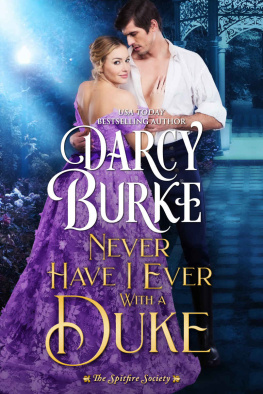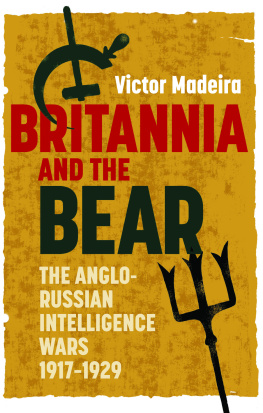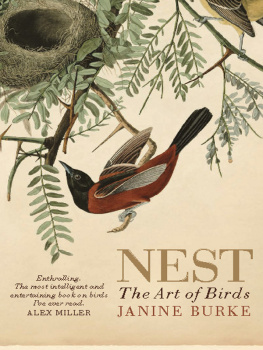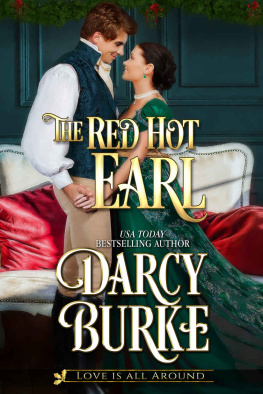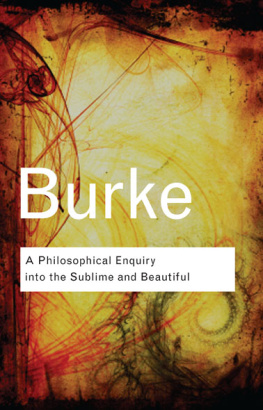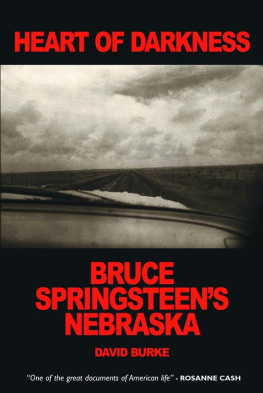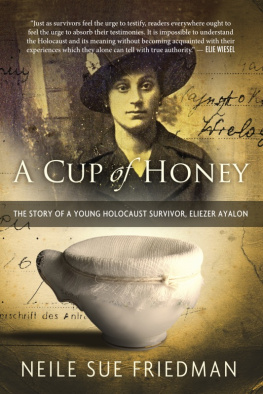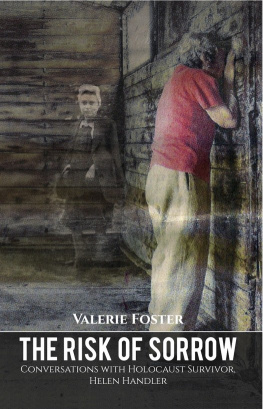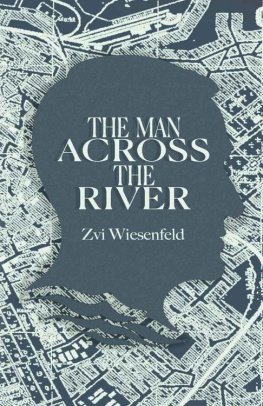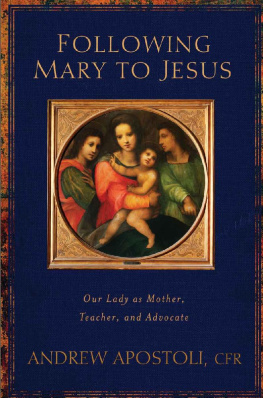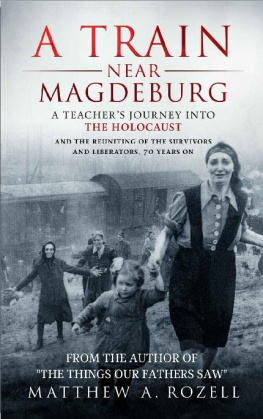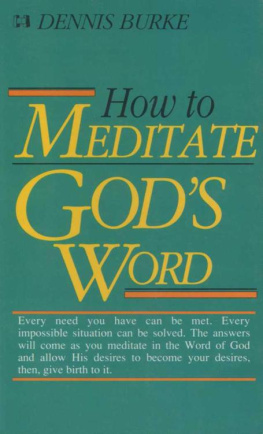Burke - Evil Must Not Have the Last Word: The Life of Mary Wygodski; Holocaust Survivor, Mother, Teacher, & Witness
Here you can read online Burke - Evil Must Not Have the Last Word: The Life of Mary Wygodski; Holocaust Survivor, Mother, Teacher, & Witness full text of the book (entire story) in english for free. Download pdf and epub, get meaning, cover and reviews about this ebook. year: 2021, publisher: Veteranscribe Press, genre: Non-fiction. Description of the work, (preface) as well as reviews are available. Best literature library LitArk.com created for fans of good reading and offers a wide selection of genres:
Romance novel
Science fiction
Adventure
Detective
Science
History
Home and family
Prose
Art
Politics
Computer
Non-fiction
Religion
Business
Children
Humor
Choose a favorite category and find really read worthwhile books. Enjoy immersion in the world of imagination, feel the emotions of the characters or learn something new for yourself, make an fascinating discovery.

- Book:Evil Must Not Have the Last Word: The Life of Mary Wygodski; Holocaust Survivor, Mother, Teacher, & Witness
- Author:
- Publisher:Veteranscribe Press
- Genre:
- Year:2021
- Rating:5 / 5
- Favourites:Add to favourites
- Your mark:
- 100
- 1
- 2
- 3
- 4
- 5
Evil Must Not Have the Last Word: The Life of Mary Wygodski; Holocaust Survivor, Mother, Teacher, & Witness: summary, description and annotation
We offer to read an annotation, description, summary or preface (depends on what the author of the book "Evil Must Not Have the Last Word: The Life of Mary Wygodski; Holocaust Survivor, Mother, Teacher, & Witness" wrote himself). If you haven't found the necessary information about the book — write in the comments, we will try to find it.
Burke: author's other books
Who wrote Evil Must Not Have the Last Word: The Life of Mary Wygodski; Holocaust Survivor, Mother, Teacher, & Witness? Find out the surname, the name of the author of the book and a list of all author's works by series.
Evil Must Not Have the Last Word: The Life of Mary Wygodski; Holocaust Survivor, Mother, Teacher, & Witness — read online for free the complete book (whole text) full work
Below is the text of the book, divided by pages. System saving the place of the last page read, allows you to conveniently read the book "Evil Must Not Have the Last Word: The Life of Mary Wygodski; Holocaust Survivor, Mother, Teacher, & Witness" online for free, without having to search again every time where you left off. Put a bookmark, and you can go to the page where you finished reading at any time.
Font size:
Interval:
Bookmark:
Evil
Must Not Have
the Last Word
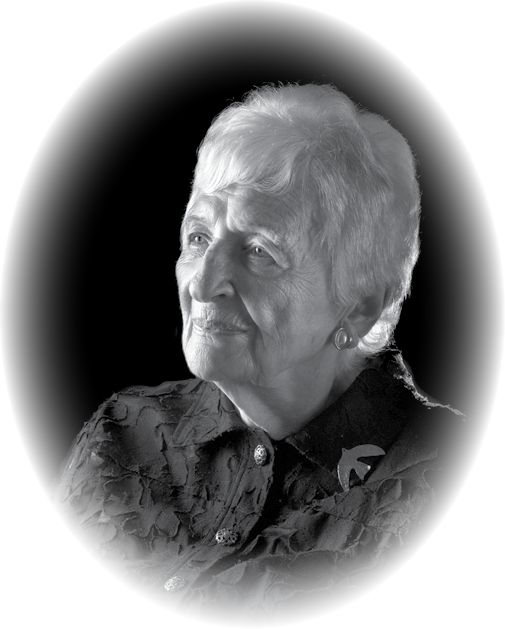
The Life of Mary Wygodski
Holocaust Survivor, Mother, Teacher, & Witness
Tom Burke
Boston, Massachusetts
All rights reserved. No part of this book may be used or reproduced in any manner without written permission from the publisher except in the case of brief quotations embodied in critical articles or reviews. www.veteranscribe.com
tjburke@veteranscribe.com
Copyright 2022
Printed in the United States of America
Cover Photo: Matthew Burke
Book & Cover Design by Mary Meade.
Edited by Frances Woods
Evil Must Not Have the Last Word, Tom Burke 1st ed.
ISBN 978-0-57833-410-3
Contents
To Mort Wygodski, without whose love this story would not have been told.
And to Mary Ellen Burke, without whose love this book would not have been written.
Go home from this place and tell your children and your grandchildren that you have looked into the eyes and have shaken hands with people who have survived the greatest cataclysm mankind has unleashed on mankind. Tell them to tell their children and their childrens children, because these people will be mourned and spoken about and wept over for 10,000 years. For if they arent, we are all done for.
Paddy Fitzgibbon, On the Occasion of the Dedication of Irish Shoah Memorial, Listowel, Ireland, 2010
E ver since I was a little girl, I wanted to be like my mother. And I have wanted to be the same kind of mother to my own children that she was to me.
My little girl yesterday. My daughter today. And my friend forever. That was one of her favorite sayings. And mine.
She had so many wise sayings that I still remember and repeat when I walk the streets at night. I talk to her, and I talk to my family. They were taken away from me so long ago. Blessed be their memory.
Yesterday is history. Tomorrow is a mystery. And today is a gift.
You dont criticize other peoples children in their cradles.
The alum is a galum. [The crowd is stupid.]
And many more. I dont know why, but this is one that always made me afraid:
There is not a bad experience that you cannot overcome.
I would like to tell you the story of my life, of that bad experience that my mothers words foretold.
I survived and overcame what has become known as the Holocaust. The Shoah. As I write this, I have outlived Adolf Hitler by seventy-six years. I have outlived his fellow traveler and mass murderer Joseph Stalin by sixty-eight years.
May their names vanish. They did not defeat me. I am still fighting them. I have lived to tell my story.
My story is mine alone. But it is also the story of millions of people who endured the most monstrous evil ever perpetrated by man. Our stories must be told. The truth must prevail.
Adolf Hitler and Joseph Stalin are long dead. But the evil, the lies, and the hatred that drove them and their minions have not died. They are abroad in the world, in many guises. They will be with us until the last day.
So too will goodness, truth, and love. Evil must not have the last word.
Preface
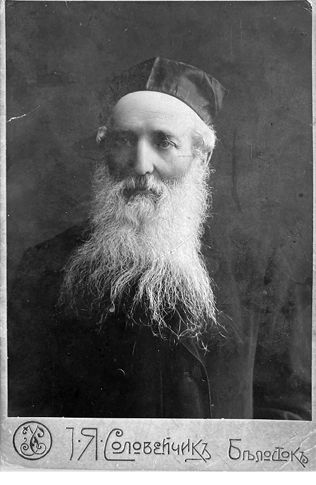
Great-grandfather Rabbi Mordechai Eliezer Kovner, Vilna Gaon in the 1860s
I was born in Vilna, Poland, in 1925. The city is now called Vilnius. It is once again the capital of the country of Lithuania, as it had been the capital of the Grand Duchy of Lithuania in 1323. It is also the exact geographical center of Europe. French scientists have calculated that point at about six kilometers north of Vilniuss Old Town, at 54 o 50 North and 25 o 18 East.
My beautiful mother, Chasia Suchowski, was born there, too, when the city was called Wilno. It was then a part of Tsarist Russia. My father, Faivusz Tabachowitz, came from Swienciany, a shtetl that is about fifty miles northeast of Vilna, almost on the border of present-day Belarus. He served in the Lithuanian army during World War I. Then he came to Vilna, met and married my mother, established his leather business, and started our family. I am the oldest of four siblings and the only member of my immediate family to survive the Holocaust.
Legend has it that Napoleon Bonaparte marveled at the Jewish culture of our city and dubbed Vilna The Jerusalem of Europe. He may or may not have said those words while on his way to attack the Tsar in Moscow. But Jewish folk throughout Eastern and Central Europe have long called Vilna Yerushalaim dLita. Though a relatively small city, it was the nerve center of rabbinic learning and Jewish culture.
Eliyahu ben Shlomo Zalman, who lived from 1720 to 1797, had a peerless scholarly reputation and was better known as the Gaon of Vilna. The Gaon was the undisputed authority on all Jewish religious law throughout Eastern and Central Europe. The Vilna Shas, or Babylonian Talmud, was printed in Vilna in 1886 by the Widow and Brothers Romm.
Jews have been in Poland and Lithuania for at least seven hundred years. The once-mighty Polish-Lithuanian Commonwealth came into being in 1386 when Lithuanian Grand Duke Wladislaw Jagiello married Queen Jadwiga of Poland. In 1388 Jagiellos cousin, Grand Duke Witold, granted Jews a charter of rights that ensured economic opportunities and freedom of religious exercise. Their rights included freedom of transit, freedom of trade, and freedom of financial operations such as lending of money and receiving mortgages on the estates of the nobility.
The Jews were exempted from the jurisdiction of religious and municipal law courts. Their jurisdiction was entrusted to two high-ranking dignitaries, who were representatives of the King in the various provinces and towns. The charter contributed to the increase of Jewish emigration from Germany into Poland and Lithuania. The Union of Poland and Lithuania preserved the charter in spite of anti-Semitic and reactionary objections of the Polish parliament (Seym) and the Catholic clergy.
The lives of Jews were seldom easy in Eastern Europe, no matter what rulers held sway over the country. The Cossack Rebellion of 16481658 swept Jews out of Vilna for six years. The Jewish Quarter of Vilna was burned, and most of its inhabitants were expelled or slaughtered, by Russian and Cossack troops in 1655. During the reign of King Jan Sobieski, who was nominally friendly to Jews, riots, killings, and pogroms by Christian religious fanatics were common. Under the last Polish king, Stanislaw Poniatowski, Jews had to pay a heavy tax. Poniatowski was a former lover of Empress Catherine the Great of Russia. The Jews of Vilna supported the unsuccessful revolt of Tadeusz Kosciuszko in 179495 and fought against the Russian army in defense of Vilna.
The Polish-Lithuanian Commonwealth went out of existence in 1795. Vilna came under the rule of Tsarist Russia. Before the annexation and three partitions of Poland, there were relatively few Jews in Russia. All at once, Empress Catherine had millions of Jewish subjects. By decree, she created the Pale of Settlement in order to restrict Jewish migration to other parts of her empire. The Pale was roughly the size of the old Commonwealth lands. The Jews came to refer to the area as Lita. The tsars never trusted the Jews. Pogroms against Jews were regular occurrences in many parts of the Russian Empire in the nineteenth and early-twentieth centuries.
Those travel restrictions inhibited the ability of Jews to assimilate into Eastern Europes wider society. There were three legally defined estates in Russia: the gentry, the peasants, and the citizens. Jews belonged to none of them. We had no voting or civil rights. On the other hand, the concentration of so many Jews within the Pale brought forth a flourishing of Jewish society.
Font size:
Interval:
Bookmark:
Similar books «Evil Must Not Have the Last Word: The Life of Mary Wygodski; Holocaust Survivor, Mother, Teacher, & Witness»
Look at similar books to Evil Must Not Have the Last Word: The Life of Mary Wygodski; Holocaust Survivor, Mother, Teacher, & Witness. We have selected literature similar in name and meaning in the hope of providing readers with more options to find new, interesting, not yet read works.
Discussion, reviews of the book Evil Must Not Have the Last Word: The Life of Mary Wygodski; Holocaust Survivor, Mother, Teacher, & Witness and just readers' own opinions. Leave your comments, write what you think about the work, its meaning or the main characters. Specify what exactly you liked and what you didn't like, and why you think so.

